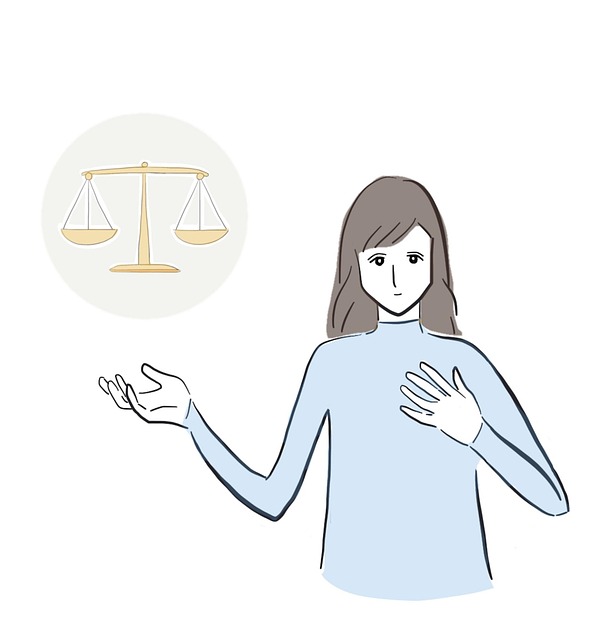Grandparents in Oregon have specific legal rights and access to advocacy services, crucial for positively influencing family dynamics. Legal support involves navigating custody agreements and visitation schedules, while advocacy groups offer resources and guidance to protect grandparent rights and advocate for shared parenting time. Understanding various options like self-representation, specialized attorneys, or legal aid is key; robust evidence of involvement and commitment is essential for court cases. Effective communication within family dynamics and with legal professionals enhances the chances of successful advocacy, empowering grandparents to maintain meaningful connections with their grandchildren.
In Oregon, grandparent’s rights and their role in family dynamics are gaining more recognition. Understanding legal rights is crucial for advocates looking to champion grandparents’ interests. This article explores the vital issue of grandparent’s advocacy and legal support in Oregon. We delve into key areas including their legal standing, effective communication strategies, and navigating complex family law systems. By understanding these aspects, grandparents can build strong cases and access suitable legal support to advocate for their role within families.
- Understanding Grandparent's Legal Rights in Oregon
- The Importance of Advocacy for Grandparents' Interests
- Navigating Family Law: Legal Support Options for Grandparents
- Building a Strong Case: Evidence and Documentation for Grandparents
- Effective Communication: Advocating for Change with Family and Legal Professionals
Understanding Grandparent's Legal Rights in Oregon

In Oregon, grandparents have specific legal rights and access to advocacy services that enable them to play an active role in their grandchildren’s lives. Understanding these rights is crucial for ensuring every grandparent can make a positive impact on their family dynamics. Legal support for grandparents often involves navigating custody agreements, visitation schedules, and even fostering strong relationships with their grandchildren despite potential challenges.
Advocacy groups dedicated to grandparent’s issues offer valuable resources, guidance, and legal assistance. These organizations empower grandparents to protect their rights, advocate for shared parenting time, and maintain meaningful connections with their grandchildren. With the help of such support systems, grandparents in Oregon can navigate complex legal processes, ensuring their voices are heard and their interests protected within the family structure.
The Importance of Advocacy for Grandparents' Interests

In the dynamic landscape of family dynamics, grandparent-grandchild relationships are invaluable. However, these connections can be complicated by various factors, including age disparities and changing legal environments. Advocacy for grandparents’ interests is more than just a right—it’s an essential pillar supporting intergenerational bonds. Legal support plays a pivotal role in ensuring that grandparents’ voices are heard, their rights protected, and their unique contributions to family life recognized.
Effective advocacy ensures grandparent-grandchild relationships remain strong and healthy, fostering an environment where every family member feels valued and respected. It empowers grandparents to navigate legal complexities, understand their options, and make informed decisions regarding custody, visitation, and other crucial aspects of family law. By advocating for their interests, grandparents can continue to play active, meaningful roles in the lives of their grandchildren, enriching both their own and the children’s experiences.
Navigating Family Law: Legal Support Options for Grandparents

Navigating family law can be a complex task, especially for grandparents seeking advocacy and legal rights in Oregon. Understanding one’s options is crucial to ensure the best outcome for both grandchildren and grandparents. There are several avenues for obtaining legal support, each tailored to different needs and circumstances.
Grandparents may opt for self-representation, which requires extensive research and knowledge of Oregon’s family law. Alternatively, hiring a specialized attorney focused on family law and grandparent rights can provide invaluable advocacy. Legal aid organizations and pro bono services are also available, offering assistance to those who cannot afford private legal counsel. These options empower grandparents to protect their parental rights, ensure stable care for their grandchildren, and navigate the legal system effectively.
Building a Strong Case: Evidence and Documentation for Grandparents

Building a strong case for legal support and advocacy as a grandparent often hinges on gathering robust evidence and documentation. This process involves collecting detailed records that demonstrate your involvement, commitment, and love for the child in question. Legal professionals recommend keeping comprehensive files, including photographs, videos, and any correspondence (emails, letters) that highlight your parental role or significant interactions with the minor.
Documentation of financial support, shared custody arrangements, and memorable events can be powerful tools in advocating for grandparents’ rights. Court cases often rely on these evidentiary pieces to understand the nature and depth of a grandparent’s relationship with their grandchild. Therefore, maintaining organized records is crucial when pursuing legal action to ensure your case is compelling and effectively communicates your parental involvement.
Effective Communication: Advocating for Change with Family and Legal Professionals

Grandparents advocating for their rights often find themselves navigating complex family dynamics and legal systems. Effective communication is a powerful tool in this process, enabling them to express their needs, concerns, and aspirations clearly. When discussing legal matters with family members, it’s essential to remain open and transparent, sharing insights into the desired outcomes and potential challenges ahead. This can foster understanding and encourage collaborative problem-solving.
In interacting with legal professionals, grandparents should provide detailed accounts of their situations. They must convey not just the facts but also their emotions and priorities. Such transparency allows lawyers to offer tailored advice and strategies, ensuring that legal support aligns with the client’s unique needs. This collaborative approach enhances the chances of successful advocacy, empowering grandparents to protect and expand their legal rights.














